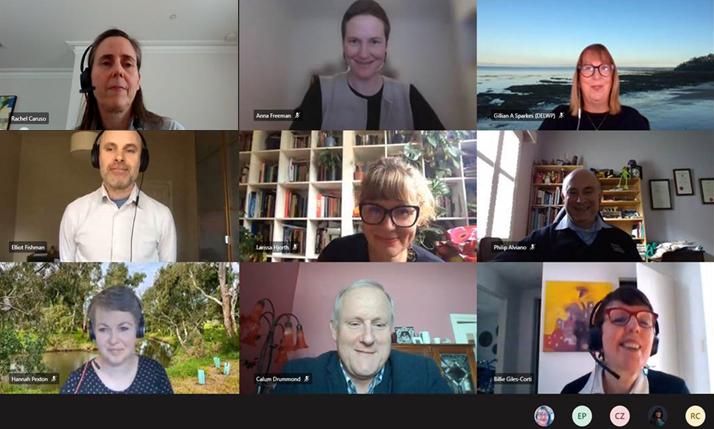The Demystifying Industry 4.0: Helping SMEs lay the tracks for Australia’s digitalisation express train white paper follows in-depth interviews with over a dozen company executives and ongoing engagement with the local advanced manufacturing sector.
Industry 4.0 (i4.0), the fourth industrial revolution, uses technologies such as AI, big data and cloud computing to provide up-to-date information for better decision making.
No industry sector or business will escape the impact of i4.0. The disruptive changes are already happening and are escalating rapidly.
RMIT University’s Dr Ben Cheng, who led the project, said fear of cost and feeling overwhelmed with the complexity of linking older and newer technologies into a single data stream was still holding many local SMEs back despite the massive potential to be realised.
“The businesses we talked to mostly assumed Industry 4.0 implementation was inherently costly and therefore only within reach of large, cashed-up corporations,” Cheng said.
“Contrary to these perceptions, transitioning to i4.0 technologies doesn’t necessarily require major investment - there are more affordable technologies, such as data analytics, that can return significant value when expertly deployed within a manufacturing enterprise,” Cheng said.
The white paper suggests that getting started in transitioning to i4.0 technologies, even at an entry-level, can yield direct bottom-line benefits and pave the way for higher returns as a business’s level of data maturity grows.
The i4.0 express train is leaving the platform and playing catch up if left behind could be costly.
The further along the i4.0 journey a business travels, the greater the value generated: from just seeing more data all the way to systems self-optimising.
“For low-profit margin manufacturing operations, in particular, staying agile and with or ahead of the game is crucial. The potential impacts of incrementally increasing the efficiency of mechanical and human resources, cutting costs and reducing waste cannot be understated.”
The key requisites for success in transitioning to i4.0 technology, as outlined in the white paper, were a commitment of top management, a deep understanding of one’s own business and the potential and desired level of transformation; and having a clear implementation strategy.





